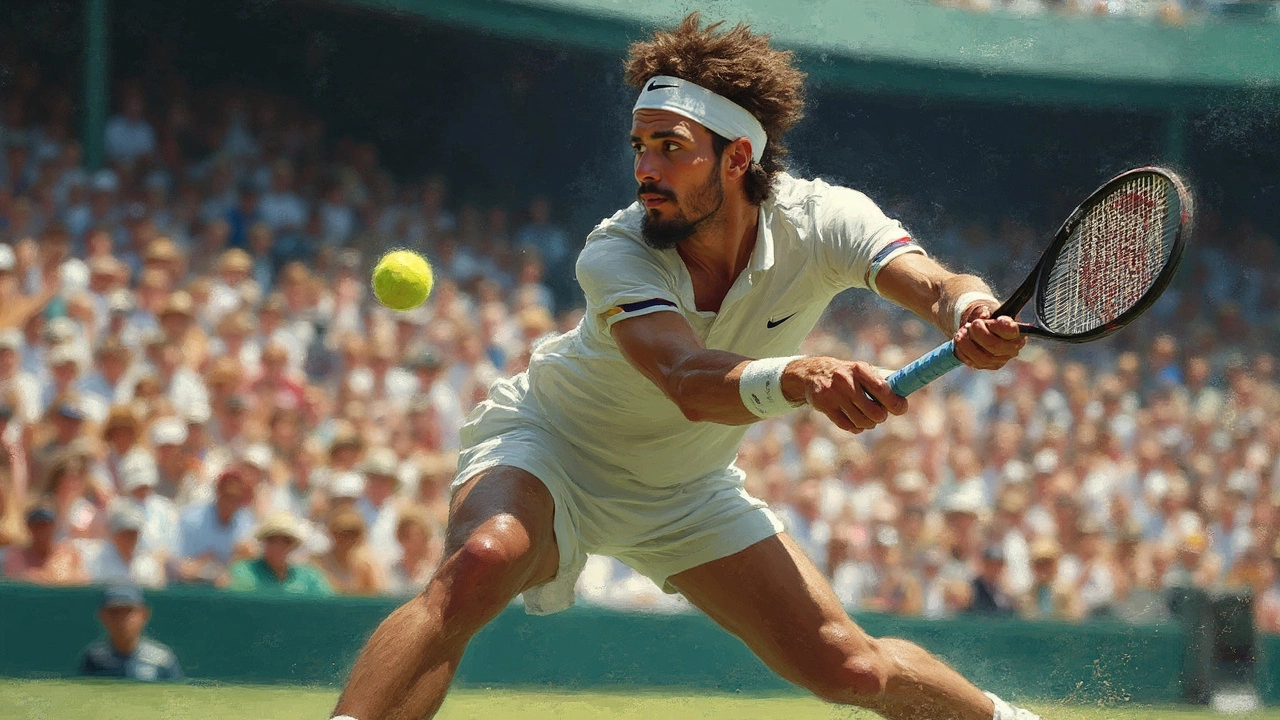Sports Lingo: Your Quick Guide to Sports Slang and Terms
If you ever watch a game and hear words like "birdie," "knockout" or "punch 1‑2‑3," you’re hearing sports lingo. It’s the shorthand that fans, players and commentators use to keep the talk fast and fun. Knowing the meaning behind the slang makes you feel part of the crowd and helps you follow the action without missing a beat.
Why Sports Lingo Matters
First off, slang adds personality to a sport. A simple "eagle" in golf sounds more exciting than "two strokes under par." In boxing, a "1‑2‑3" combo tells a coach exactly which punches to throw without a long explanation. When you understand the lingo, you can join the conversation on social media, in the pub, or on the field without feeling lost.
Second, many terms carry history. Take "birdie" – it started in the late 1800s when a golfer said a good shot was "a bird" in the sky. Knowing that backstory gives you a deeper appreciation for the game. It also helps you spot new slang that emerges as sports evolve.
Key Terms Across Popular Sports
Golf: Birdie (one under par), Eagle (two under), Mulligan (a do‑over, usually informal), Bogey (one over). These words pop up on leaderboards and in commentary, so keep them handy before your next round.
Boxing: 1‑2‑3 means jab, cross, hook – a basic combo. Illegal punch refers to hits below the belt or hitting a downed opponent. Knowing the difference keeps you from cheering the wrong moves.
Rugby: Fans often shout "try" when a player touches the ball down for points. Scrum is the restart where packs push against each other. The term puma is actually the nickname for Argentina’s team, not a position.
Basketball: Triple‑double means double digits in three stats (points, rebounds, assists). Bump‑up is a term for a player moving to a higher league, like the step below the BBL.
General Gear Talk: Kit and gear are interchangeable with "sports equipment." When a article mentions "alternative names for sports equipment," it’s talking about the same thing – shoes, balls, bats, etc.
Now that you’ve got a starter pack of terms, use them next time you watch a match. Slip a "nice birdie!" into the chat during a golf round or shout "that 1‑2‑3 was slick!" after a boxing combo. The more you use the lingo, the more natural it feels.
Remember, sports lingo isn’t static. New phrases pop up all the time – think of "clutch" in basketball or "savage" in skateboarding. Keep an eye on social feeds and talk with fellow fans to stay updated. With the basics under your belt, you’ll always sound like you belong in the conversation, whether you’re at a stadium, a gym, or scrolling online.
So next time you hear a term you don’t recognize, look it up, try it out, and enjoy the sense of community that comes with speaking the same language as the athletes and the fans. Happy watching, and may your sports lingo be as sharp as your favorite player’s skills!
What Does PC Mean in Tennis?

Ever wondered what 'PC' stands for in tennis? Often overlooked, this term holds significance during tournaments, impacting player ranking and game strategies. This article explains the meaning and relevance of 'PC' in the tennis world. We'll explore how it shapes competitive play and why it's crucial for both players and fans.
